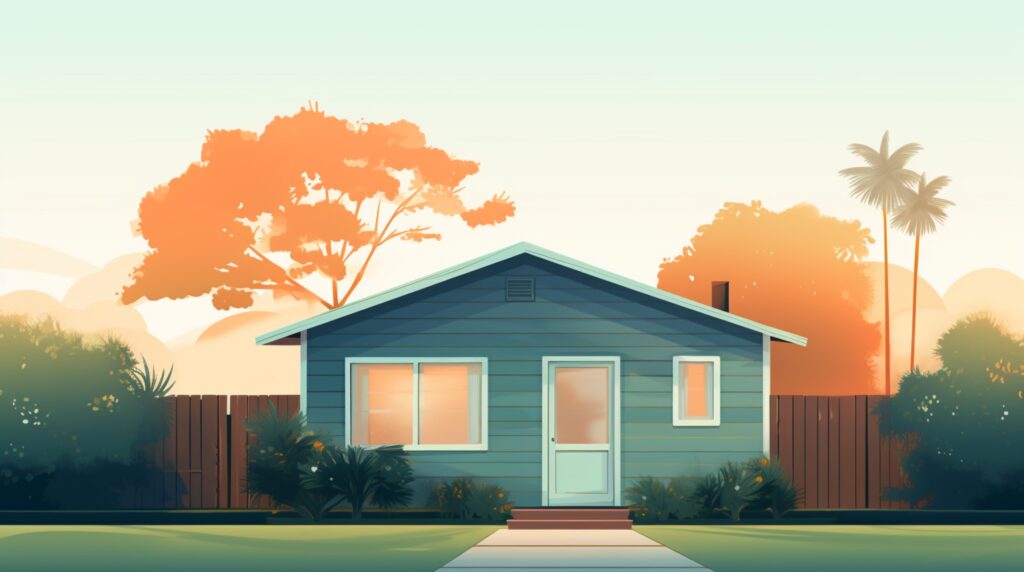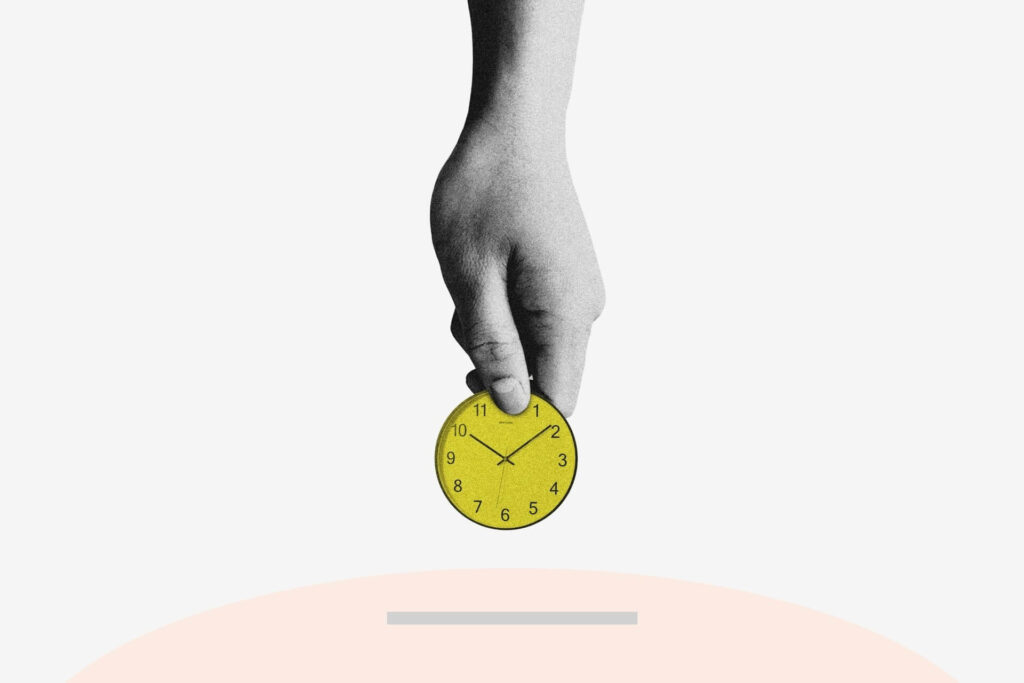
We are reader-supported. When you buy through links on our site, we may earn an affiliate commission.
So you’ve decided to buy a home. Congratulations! Purchasing your first house is a huge step in your life, and one that requires lots of careful consideration. Before you begin searching for the perfect place to call your own, you’ll want to learn as much about the process as you can. Learning what is a mortgage is a good place to start.
What Is a Mortgage?
Essentially, a mortgage is a loan the bank or mortgage broker gives to homebuyers. The lender will loan you a specific amount of money that you’ll repay at a certain rate for a pre-determined number of years. You have two main options when choosing a mortgage:
1. Fixed-Rate Mortgages
Fixed-rate mortgages last for either 15 or 30 years and have an interest rate that won’t change over time. This type of mortgage is the most popular because it offers predictability and allows you to budget better and plan ahead. If you choose the longer 30-year repayment plan, you’ll have a lower monthly payment but pay more in total interest.
2. Adjustable-Rate Mortgages
An adjustable-rate mortgage, or ARM, works similarly to a fixed-rate mortgage at first. Initially, you begin paying on ARMs at a fixed rate. However, once the fixed-rate period ends, the rate can change annually or even monthly. How low or high the interest rate goes depends on market rates and the specifics of the mortgage agreement. Periodic and lifetime caps limit how high rates and payments can rise.
Generally, an ARM is best for buyers who plan to pay off their mortgage in full within a specific amount of time. This type of mortgage also benefits those who won’t suffer too much financially when the rate adjusts.
How Do Interest Rates Work?
Now you know interest rates can either remain the same or fluctuate based on the type of mortgage you get. But what causes rates to vary? How do interest rates work, in general?
Annual Percentage Rate (APR)
Lenders charge interest on mortgages to cover the expense of loaning you a sum of money. The interest rate, therefore, determines how much interest you will pay on top of the loan balance.
To make comparing rates and prices easier for homebuyers, lenders create an annual percentage rate. This rate reflects the interest rate and cost to borrow, including fees, closing costs, discount points, and mortgage insurance. Typically, the APR is a better indicator of your true annual mortgage costs.
Cost Factors
Of course, there are several factors that affect your interest rate and APR, thereby determining how much you’ll pay on your mortgage each month. Some factors are within your control to some extent. For example, if you have a higher credit score and choose a shorter-term loan, the interest rate will most likely be lower. Naturally, whether it’s fixed or variable-rate, plus the amount of money you borrow, will also affect the interest.
Additionally, discount points will also determine your APR. These points are fees you pay at closing to reduce the interest rate. Usually, one point costs the equivalent of 1% of the total mortgage amount and reduces the rate by .25%. Purchasing these points can result in substantial savings on the loan.
How Do You Qualify for a Mortgage?
Just because you apply for a loan doesn’t mean you’ll receive one. It also doesn’t mean you’ll receive a desirable interest rate. So how do you qualify for a great mortgage? Here are the factors that get weighed:
Credit Score
Your credit score plays a key role in helping you qualify for a loan. While lenders differ, most require a score of 620 or higher. However, a few — including the Federal Housing Administration — will accept scores as low as 500. Shoot for a higher credit score, as it will qualify you for a larger loan with a lower interest rate and save you money in the long run.
Income
Lenders want to make sure you’re capable of making monthly payments. That means a steady, reliable income is a must. Be ready to submit copies of W-2 forms, pay stubs, tax returns and other documentation for proof of income. You should also calculate and provide proof of your debt-to-income ratio. If this ratio is higher than 43%, you’ll have trouble qualifying for a mortgage.
Down Payment
Many homebuyers think they need to make a larger down payment than they actually do. In fact, 39% of renters believe you must put at least 20% down to qualify for a mortgage. However, this couldn’t be further from the truth. Depending on lender guidelines, you may qualify for a loan with a down payment as low as 3%. Meanwhile, VA and USDA loans require no down payment at all.
Prioritizing Mortgage Payments
Once you qualify for a mortgage, it’s absolutely crucial that you prioritize your monthly payment. If you pay on time, you can boost your credit score, receive tax benefits, and be well on your way to homeownership. However, if you fall behind on your payments or simply stop paying, your lender has the right to take your home. If they do foreclose on the house, you’ll lose both your property and any money you paid on it up to that point.
Obviously, the consequences of neglecting your mortgage are quite dire. Therefore, it’s wise to budget around your mortgage and continue to make payments on time. If all goes according to plan, you’ll own your very first home in a predictable span of time.
If you want to learn more about mortgages, check out Mortgages for Dummies, available on Amazon, for a fun beginner’s guide.







